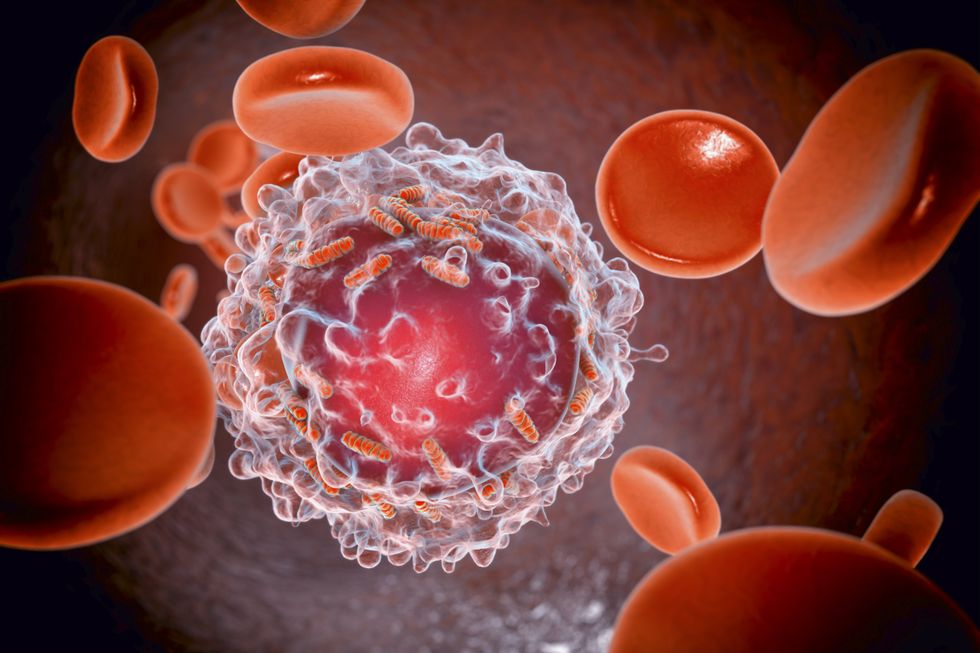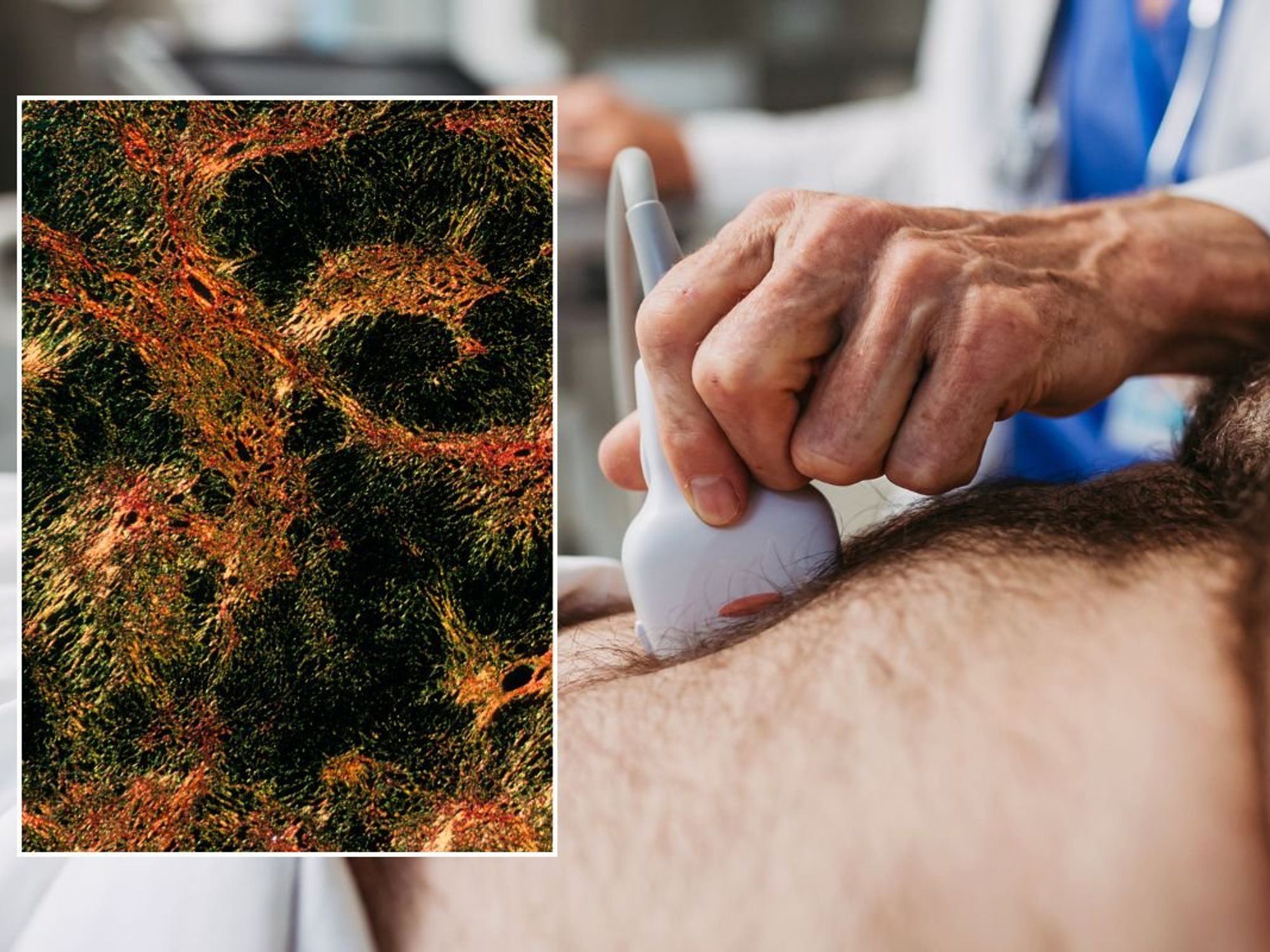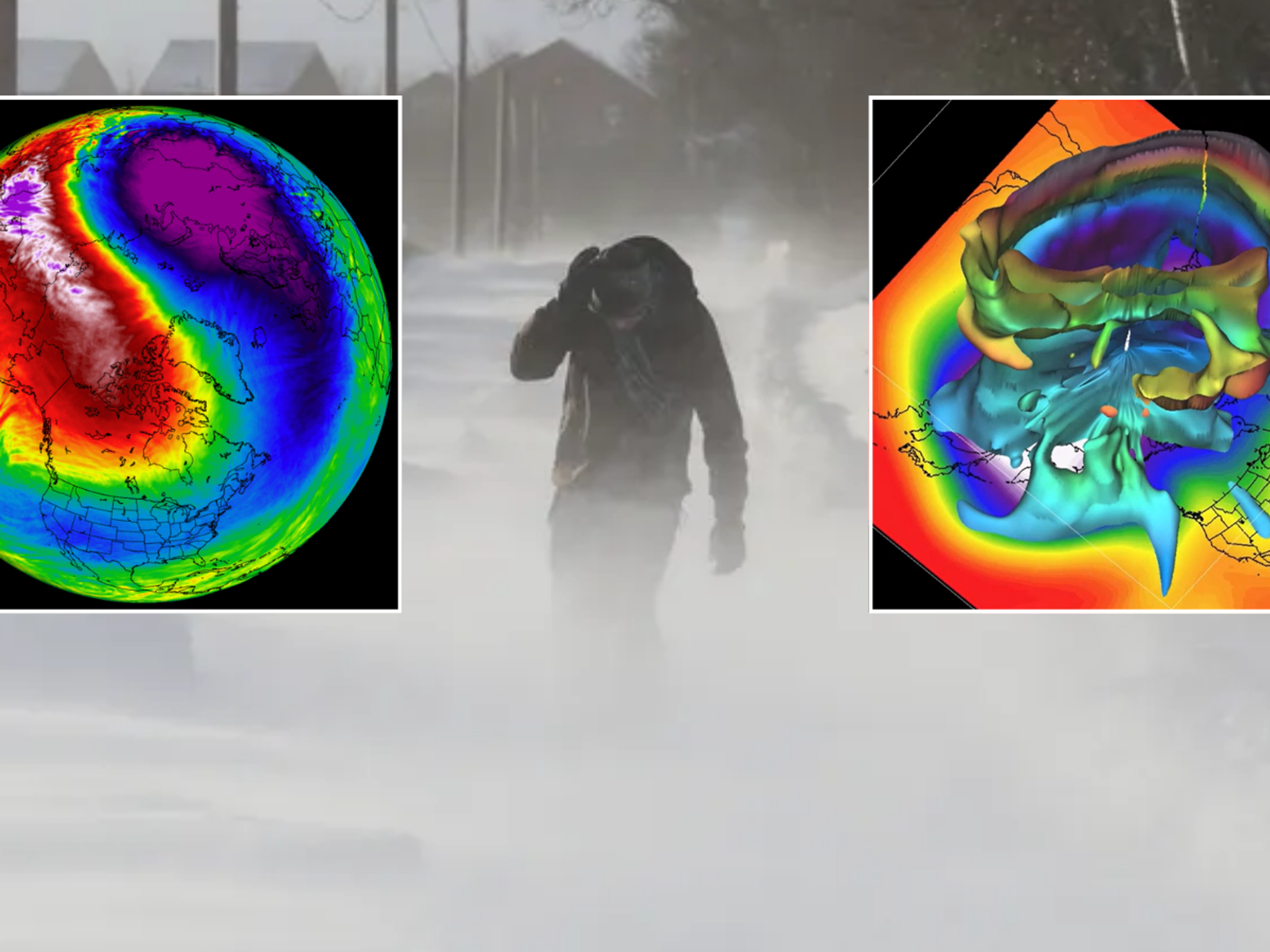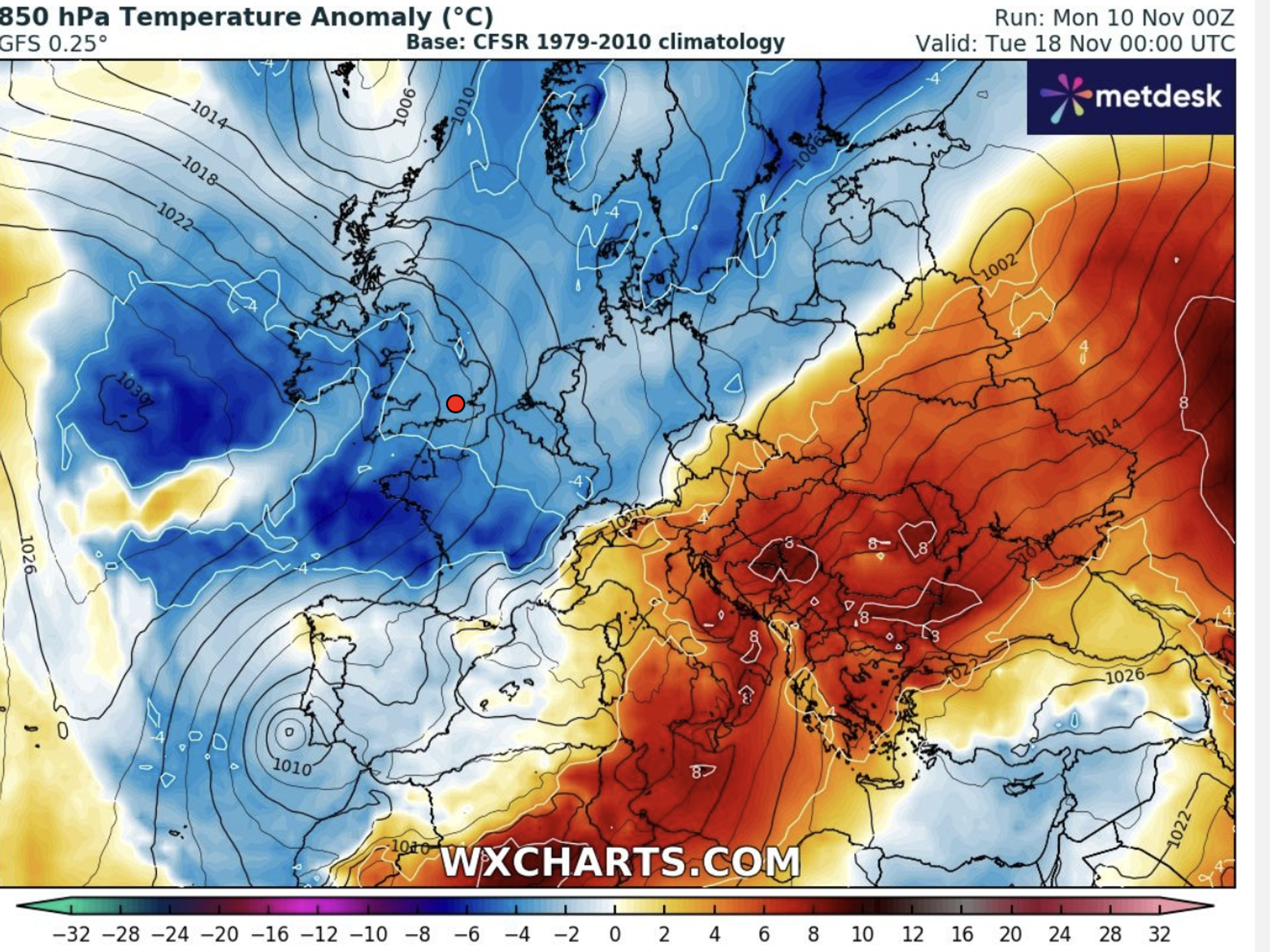'Dereliction of duty!' Ministers blasted for failing to ban cancer-linked bacon preservative
Campaigners want Britain to match new EU rules expected to come into force over the next months that sharply lower nitrite limits in processed meat
Don't Miss
Most Read
Successive governments have been accused of a “dereliction of duty” for failing to ban a controversial preservative in bacon and ham that campaigners say has been linked to tens of thousands of cancer deaths.
Nitrites - chemicals that give processed meat its pink colour and long shelf life - are still used across Britain’s food industry, despite a World Health Organisation warning in 2015 that eating processed meat increases the risk of bowel cancer.
Now the same scientists who helped deliver that warning have joined British experts to demand an outright ban.
In an open letter to Health Secretary Wes Streeting, seven senior academics say ministers’ inaction over the last decade has condemned thousands of people to “avoidable cancers.”
“Ten years ago today, in October 2015, the International Agency for Research on Cancer (IARC), part of the World Health Organisation, classified processed meats as Group 1 carcinogens,” the letter begins.
“This designation - shared by substances such as asbestos and tobacco - reflected the strength of the evidence linking these products to colorectal cancer.”
“A decade on,” the scientists write, “we … register our profound disappointment that decisive protective measures have not been taken in the UK... there has been no meaningful phase-out of nitrite use, no mandatory front-of-pack cancer warning to inform consumers, and little support for producers to transition to safer alternatives.”
The scientists - including Professor Chris Elliott OBE of Queen’s University Belfast and Professor Denis Corpet of Toulouse University - say Britain risks falling behind the rest of Europe where scientists are looking to ban or limit the use of nitrites in meat.
“The UK has a strong record in public-health leadership - notably in tobacco control - and can once again set a global standard,” the letter continues. “It is therefore concerning that no satisfactory action has been taken on nitrites in processed meats, nor a commitment from the UK Government to follow new lower limits, which come into force this month across the European Union.
“Further delay will consign avoidable cancers to future patients and their families. Scientific evidence and public-health ethics demand transparency and action.”

In an open letter to Health Secretary Wes Streeting, seven senior academics say ministers’ inaction over the last decade has condemned thousands of people to 'avoidable cancers'
|PA
When cooked or digested, nitrites can form nitrosamines, compounds known to cause cancer in animals and believed to raise risk in humans.
The IARC classifies processed meat as Group 1 carcinogenic to humans — the same category as asbestos and tobacco smoke - concluding that every 50 g eaten daily increases bowel-cancer risk by 18 per cent.
The Coalition Against Nitrites, which organised the letter, claims that more than 50,000 bowel-cancer cases in the UK over the past decade can be linked to nitrite-cured meat.
The group’s estimate is based on Cancer Research UK data showing that about 13 per cent of all bowel-cancer cases are linked to processed meat consumption. With around 44,100 new bowel cancer diagnoses in the UK each year, that equates to roughly 5,700 cases annually. Across ten years, this reaches around 54,000 cases.
They also cite research in the British Journal of Cancer estimating that treatment for a bowel cancer patient costs around £59,000, suggesting a potential £3 billion burden on the NHS over the decade.
LATEST DEVELOPMENTS

Leukaemia white blood cell with mitochondria, computer illustration
|GETTY
Campaigners want Britain to match new EU rules expected to come into force over the next months that sharply lower nitrite limits in processed meat.
Their letter to Mr Streeting urges three key actions: “1. Mandate clear front-of-pack warnings on nitrite-cured products that communicate cancer risk to consumers and parents. 2. Fund and incentivise research and industry transition to safer curing methods and nitrite alternatives. 3. Commit to a long-term plan to phase out nitrite use in processed meats sold in the UK.”
Despite their concern, experts in evidence-based medicine have cautioned that the figure conflates processed meat in general with nitrite use specifically - and the two are not the same.
Professor Carl Heneghan, Director of the Centre for Evidence-Based Medicine at the University of Oxford, said the danger from processed meat comes from a mix of things - the nitrites and nitrates used to cure it, the iron that gives red meat its colour, and cancer-causing compounds that can form when meat is fried, grilled or charred.
He said that while processed meat has been linked to bowel cancer, there is no high-quality data showing how many UK cases over the past decade have been caused by nitrites "versus other factors".
He said: “The IARC has determined that processed meat is carcinogenic to humans, mostly because of the evidence for colorectal cancer,” he said.
“But at present, the claim that 50,000 UK bowel-cancer cases over the past 10 years are linked specifically to nitrites is not supported by robust evidence.”
Cancer Research UK has stated: “Eating processed meat increases the risk of bowel cancer.
"This doesn’t mean that you will definitely develop bowel cancer if you eat processed meat, but the less you eat of it the lower your risk.”
The Food Standards Agency insists current nitrite levels are safe when used correctly and play an essential role in preventing botulism, a rare but deadly form of food poisoning. In a statement, it said: “There’s no evidence to suggest processed meat made without the use of nitrates is a safer alternative.
While nitrates and nitrites can form compounds called nitrosamines, many of which are carcinogenic, the link to serious health problems like cancer in humans remains inconclusive."
It added: “The current evidence suggests that permitted maximum levels of nitrites and nitrates in the UK are set at a level to keep people protected.”










